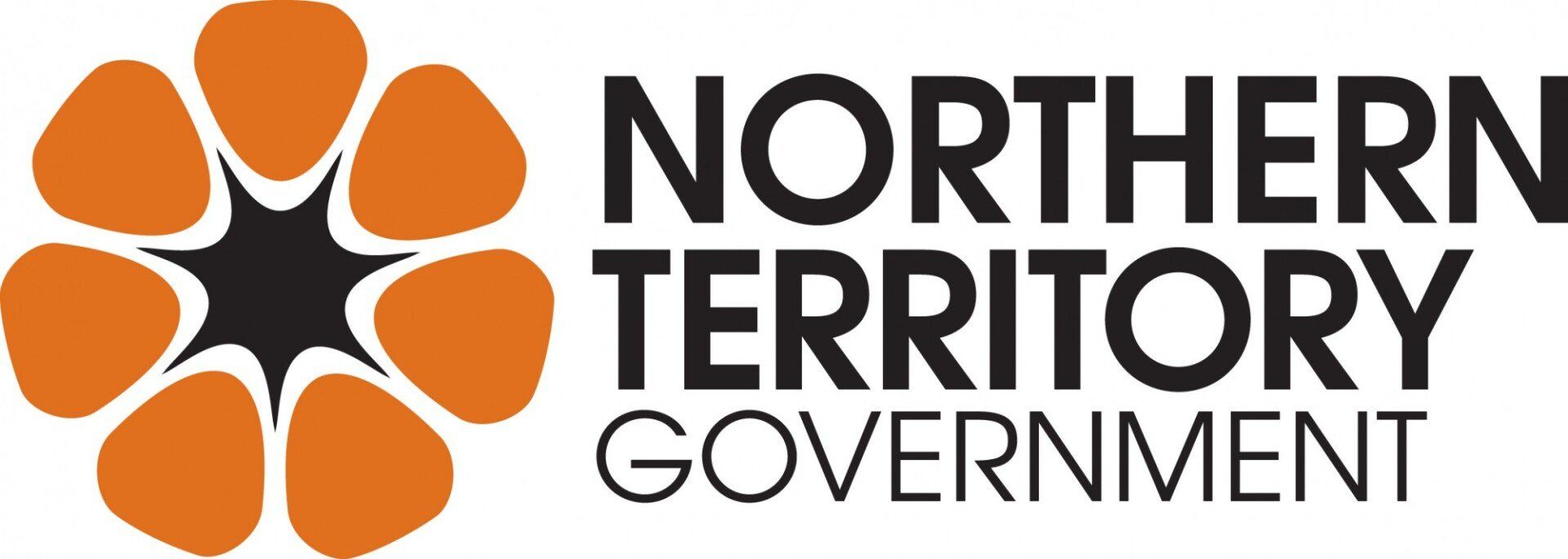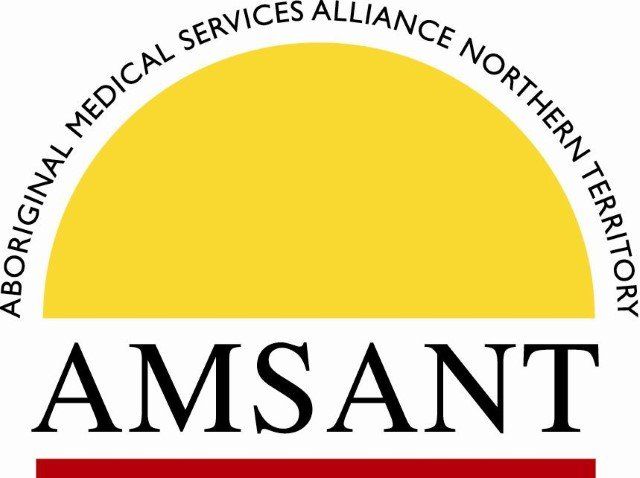How can I help?
When someone is experiencing a mental health problem, they will often speak to friends and family before going to a health professional, which means your support is really valuable. Knowing how to help can be hard, but there are lots of things you can do to help.
Providing emotional support by listening and asking what you can do to help, or calling them to see how they are can make a difference to someone’s mental health. There are also practical things such as giving them a lift to an appointment, writing down notes from their doctor, or helping them with medical paperwork to help support them.
For more information on supporting someone with a mental health concern, visit Beyond Blue here.
If you're a young person supporting a friend through some tough times, visit ReachOut for information on how you can help them.
What if they are having thoughts of suicide?
If you're worried about someone and unsure how to talk to them about it, seeking help or guidance online can be a good place to start.
The NT Mental Health Line (Ph: 1800 682 288) provides 24/7 counselling and phone support to anyone experiencing worrying thoughts, as well as their friends, carers and families.
In an emergency where there is risk to life or personal safety, call 000.
Beyond Blue also offers
helpful information on supporting someone who may be having thoughts of suicide.
Who can
help in the NT?
Visit our services page for information on who can help in your region.
What rights do I have?
As a carer, you have needs and responsibilities that are separate to those of the person you’re caring for. You can be given consent from the person you’re supporting to help them make decisions about their treatment, care and discharge plans. This could also include getting access to their medical information from their treating doctor.
You play an important role throughout all stages of treatment, care and recovery for the person you're supporting.
What support is there for me?
There are online and face-to-face services available to support family members, friends, and carers of people with mental health conditions. These services offer practical, financial, and emotional support through things like respite care, training, and peer support networks.
Carer Gateway provides help, advice and connects people with local carer networks Australia wide.
Peer support networks like the Mental Health Carer Forum at SANE Australia are safe places to share your experience of caring for someone living with complex mental health issues.
Other local carer support services, that connect people directly with local carer support in the NT, include
CarersNT and
Mental Illness Fellowship of Australia (NT) Inc.
What support is there for young carers?
Young carers are people aged up to 25 who care for someone with a disability, illness, mental health condition, or an alcohol or other drug issue.
Carers NT can provide a range of supports for young carers. You can find more information on their website here.
You can also visit the the Young Carers Network to learn about other support services, access resources and share your story with others who are going through similar experiences.
What training is available in mental health and suicide prevention?
There are a range of training programs, both face-to-face and online, that can assist you to better understand and care for people who experience mental illness, as well as learn skills for suicide intervention.
If you or your organisation are interested to participate in mental health and suicide prevention training, contact either of the services below to find out more about their programs and future training opportunities.





